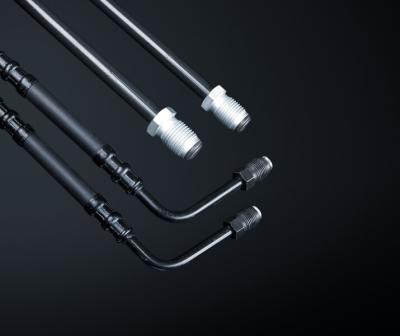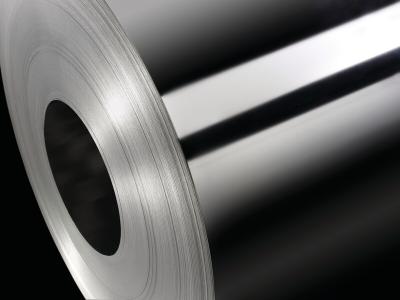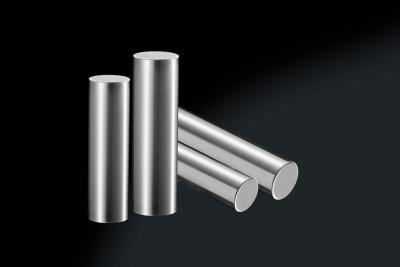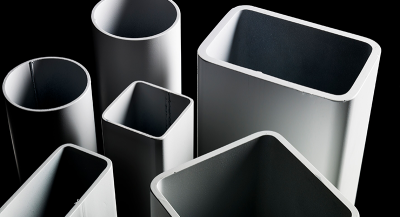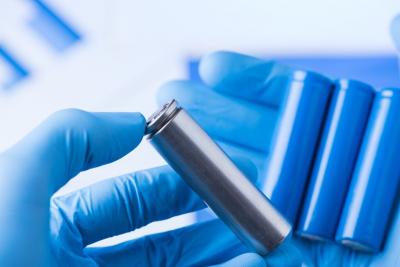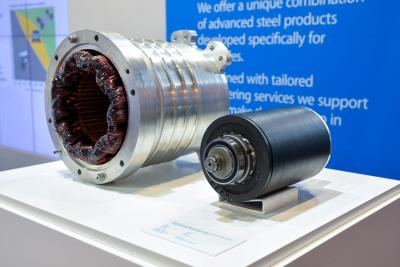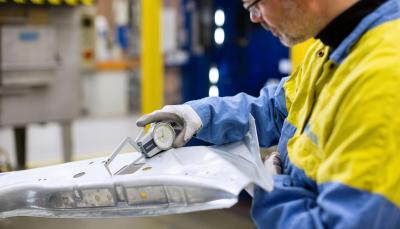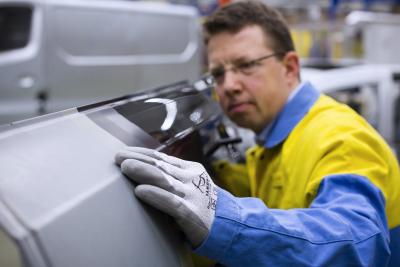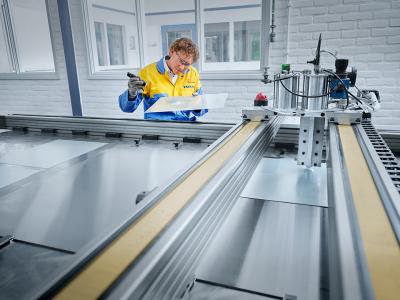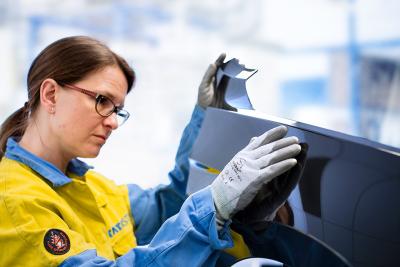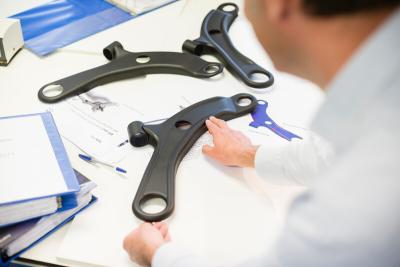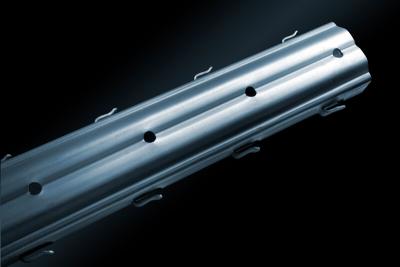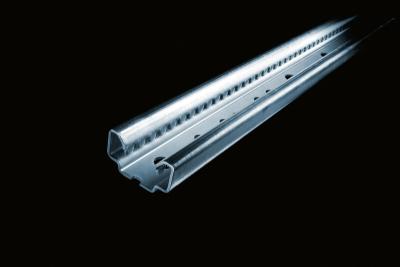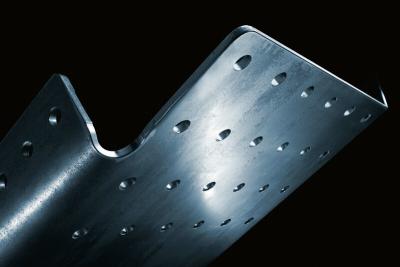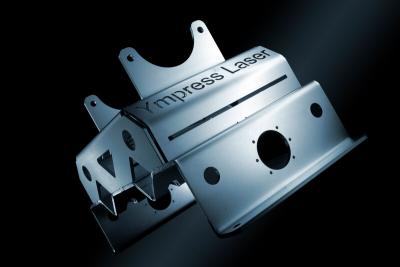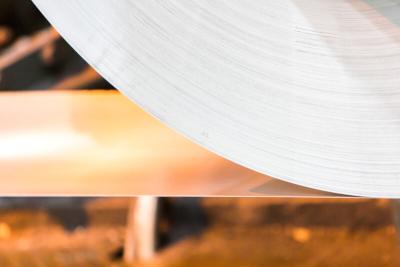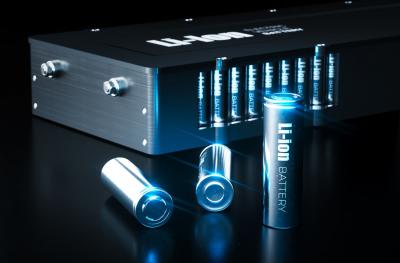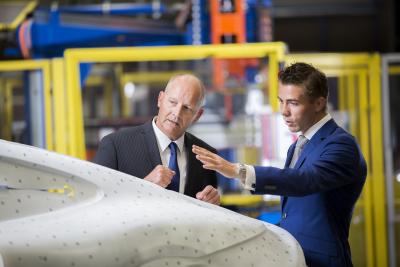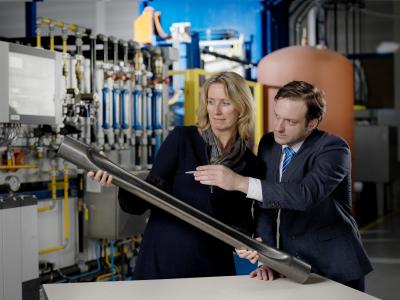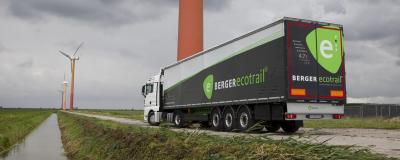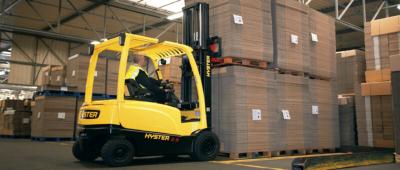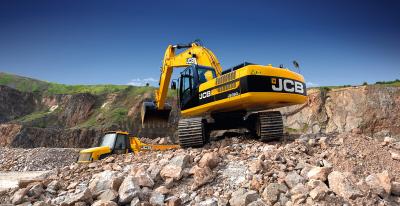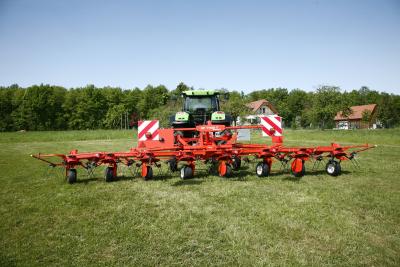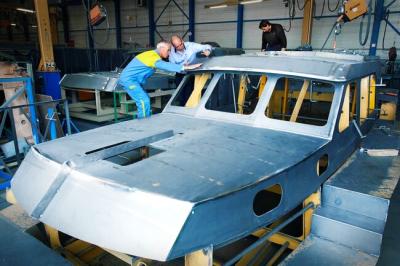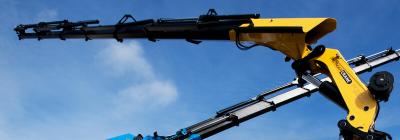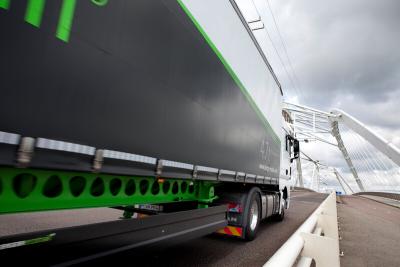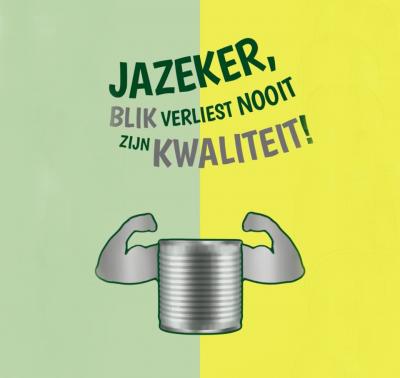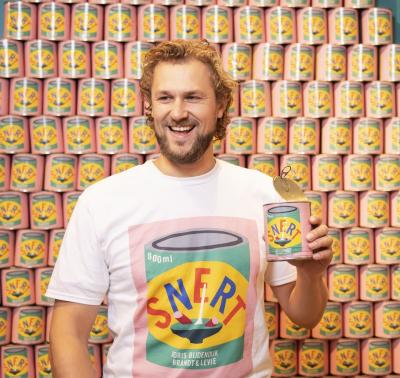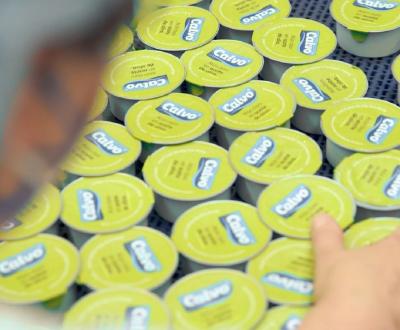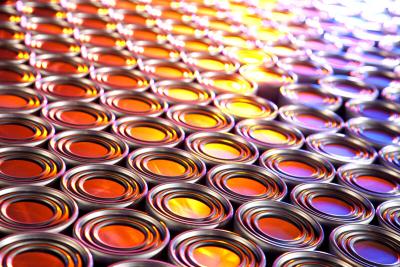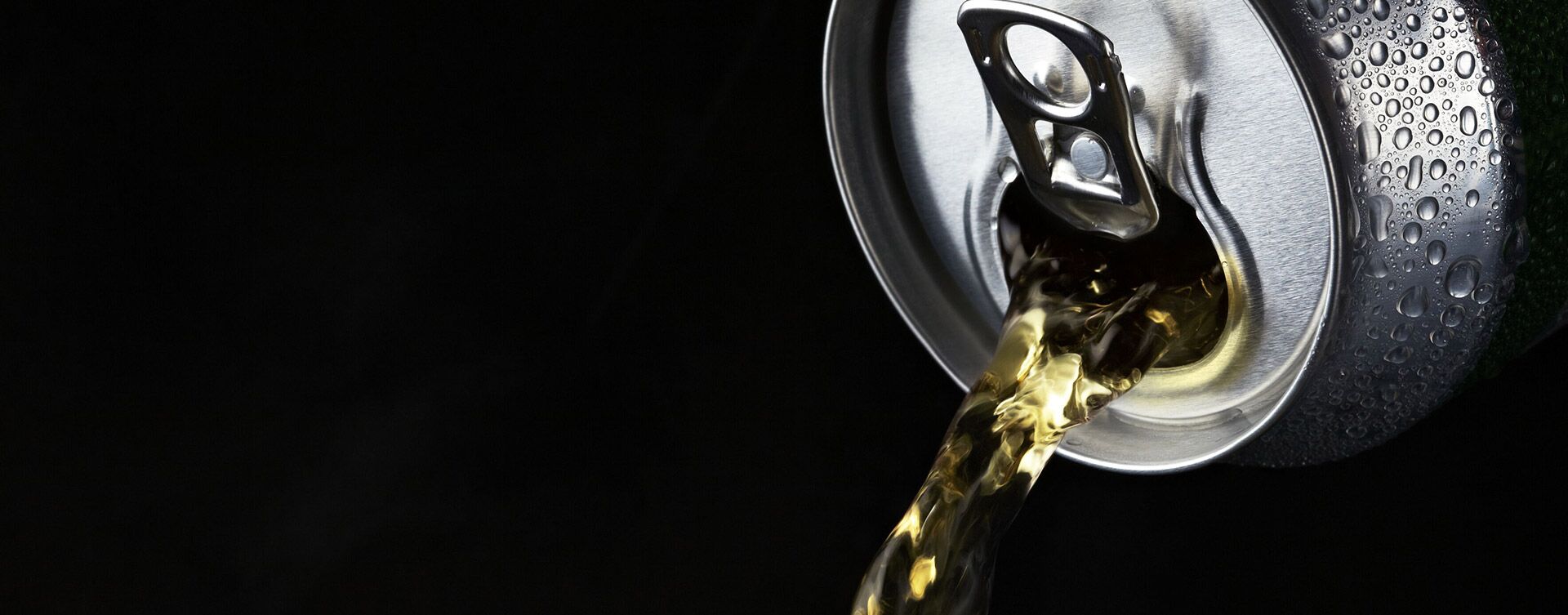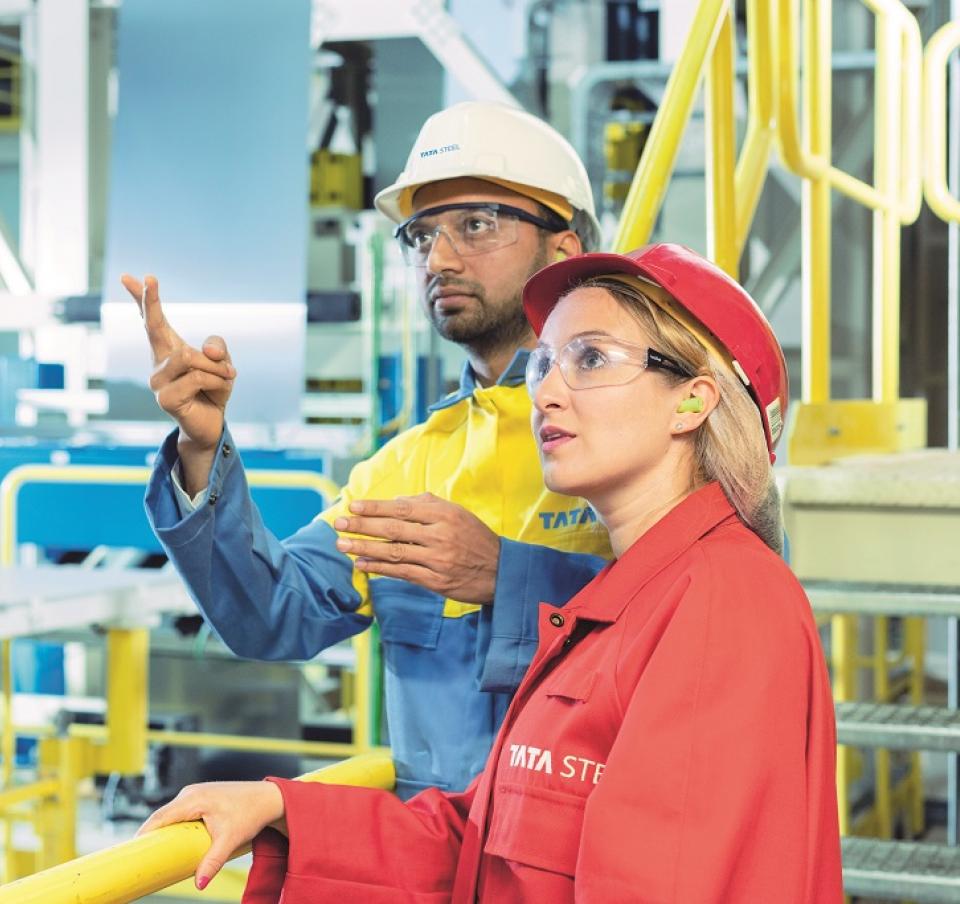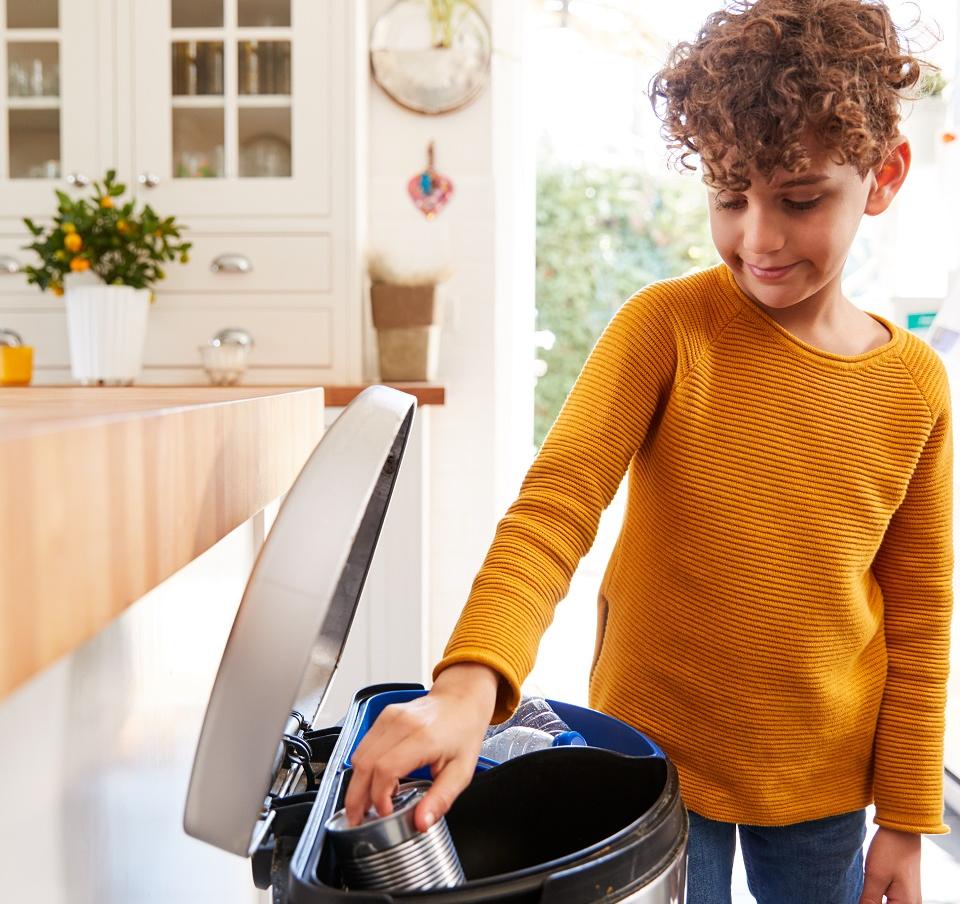
Steel is the most recycled sales packaging material in Europe, with a recycling rate of 78.5% in 2021
In the Netherlands, used steel packaging from households is collected along with other household waste. Next, most of the steel packaging is reclaimed by magnetic separation, usually after incineration. This system has resulted in a recycling rate of 94.3% in 2021, placing the Netherlands among the top recyclers of metal packaging in Europe.
Steel is the most recycled material across the world. It is a permanent material that can be recycled over and over again with no loss of quality.
Steel recycling saves resources and reduces CO2 emissions, energy consumption and water usage. According to worldsteel, more than 22bn tonnes of steel have been recycled worldwide since 1900 – resulting in significant energy and raw material savings.
Our leading role in steel recycling
Our Packaging team at Tata Steel Nederland works in partnership with several organisations to promote recycling and reduce the amount of steel packaging going to landfill.
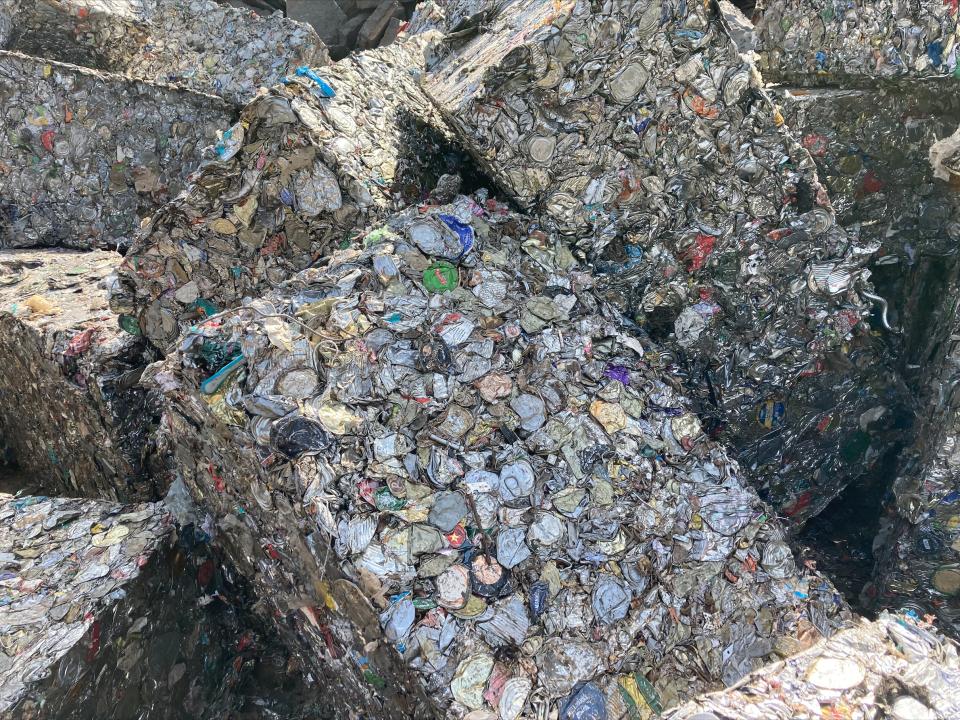
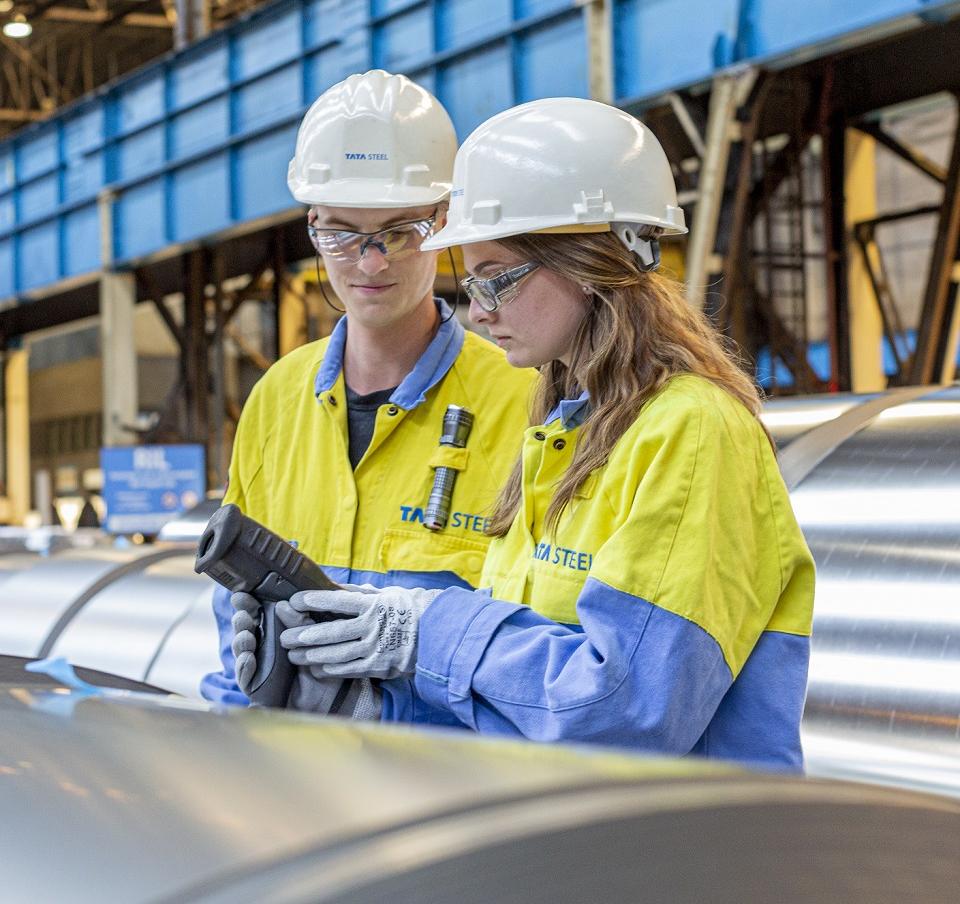
Tata Steel supplies tinplate packaging material. We offer an optional passivation process to stabilise the tinplate surface for extended shelf life.
In common with other tinplate manufacturers, we have historically adopted a process that involves the use of hexavalent chromium. REACH, the European Union regulation on chemicals, is banning the use of hexavalent chromium compounds from tinplate production processes.
As members of The Association of European Producers of Steel for Packaging APEAL, we are working with other European tinplate producers to introduce an alternative, standard, hexavalent chromium-free passivation process. You can read more about it on our Tinplate product page. Information regarding this and compliance with REACH regulations is available from:
We believe it is vital that legislators, policy makers and key decision-makers in the packaging chain understand steel's performance as a packaging material.
We co-operate with industry partners on a national level through the Metal Packaging Manufacturers Association (MPMA) in the UK and Stichting Kringloop Blik (SKB) in the Netherlands. On an international level, we work with the Association of European Producers of Steel for Packaging (APEAL) in engaging with political institutions and communications activity.
Tata Steel are members of the Responsible Minerals Initiative (RMI) which is one of the most respected resources for companies from a range of industries addressing responsible mineral sourcing issues in their supply chains. Tata Steel are also members of the EPRM. The EPRM is an accompanying measure to the EU Conflict Minerals Regulation. The aim of EPRM is to enable more mines to comply with the standards required under the OECD Due Diligence Guidance. This in turn will enable companies to source minerals from the mines confident that they will be able to comply with relevant regulations such as the conditions of the EU Regulation.
Within the tin supply chain, we cooperate with the International Tin Research Institute (ITRI) and the Dutch Sustainable Trade Initiative (IDH) to avoid the use of minerals originating from conflict zones (where they may have been mined in conditions of armed conflict and human rights abuses) in our products.
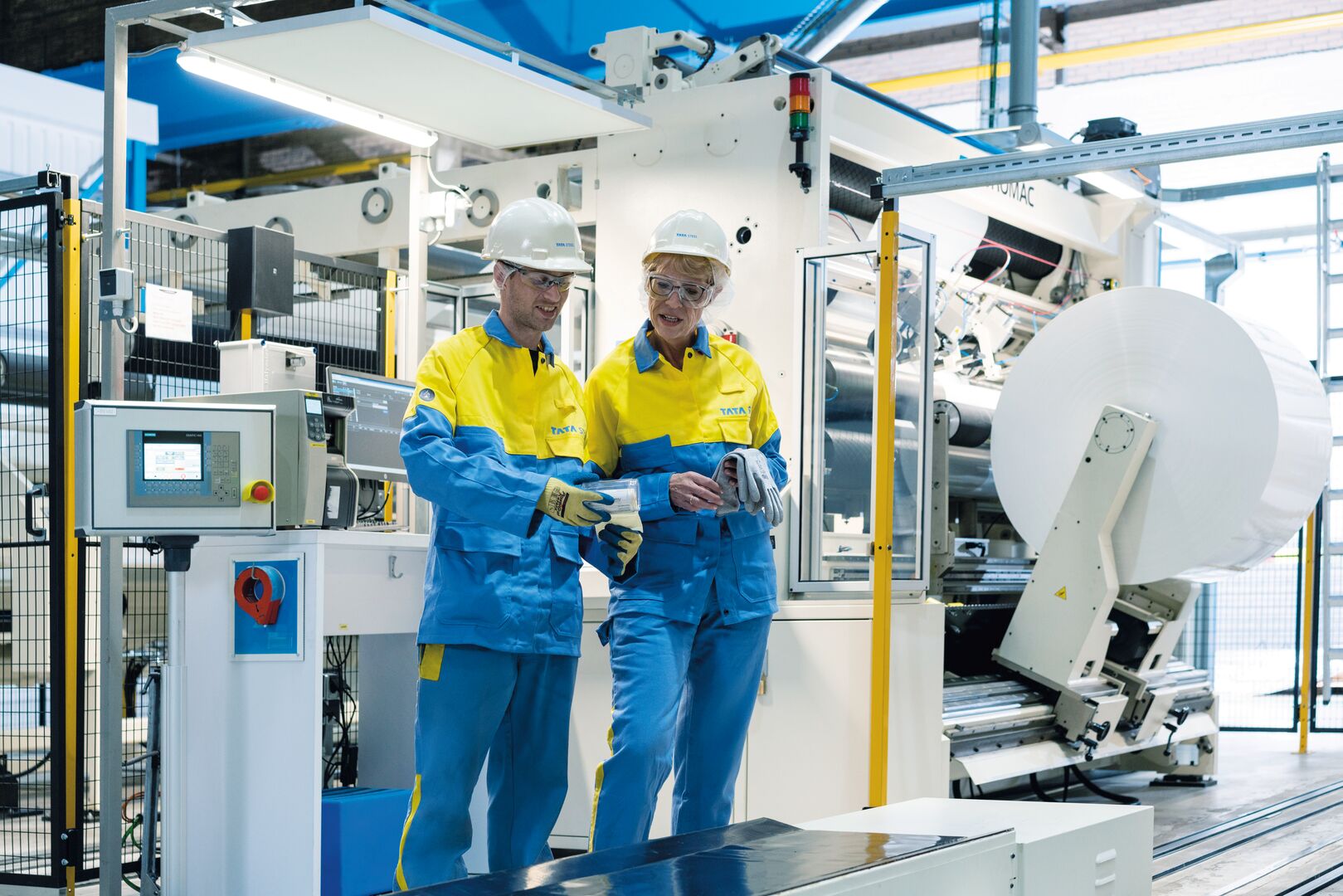
EN-Packaging-Contact TSE
Contact our sales department
Packaging
PO Box 10000
1970 CA IJmuiden
The Netherlands



